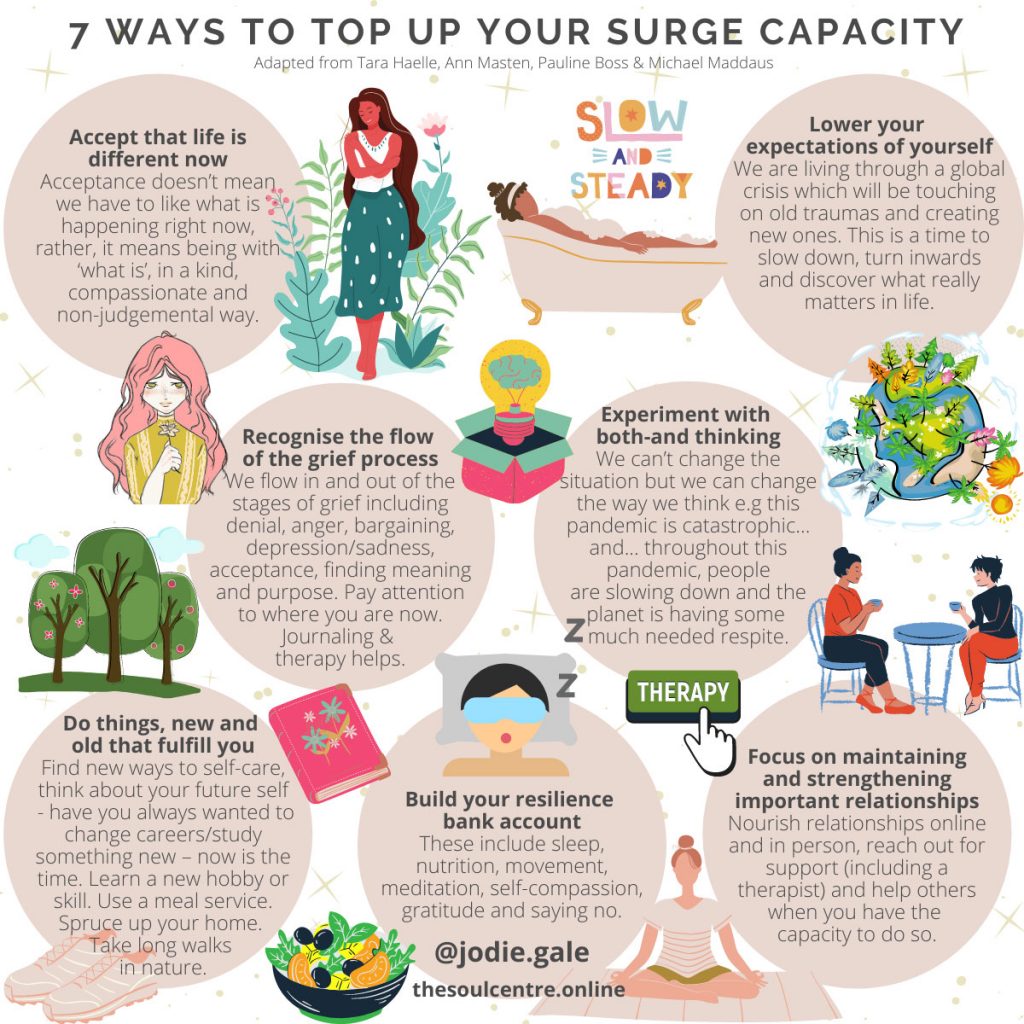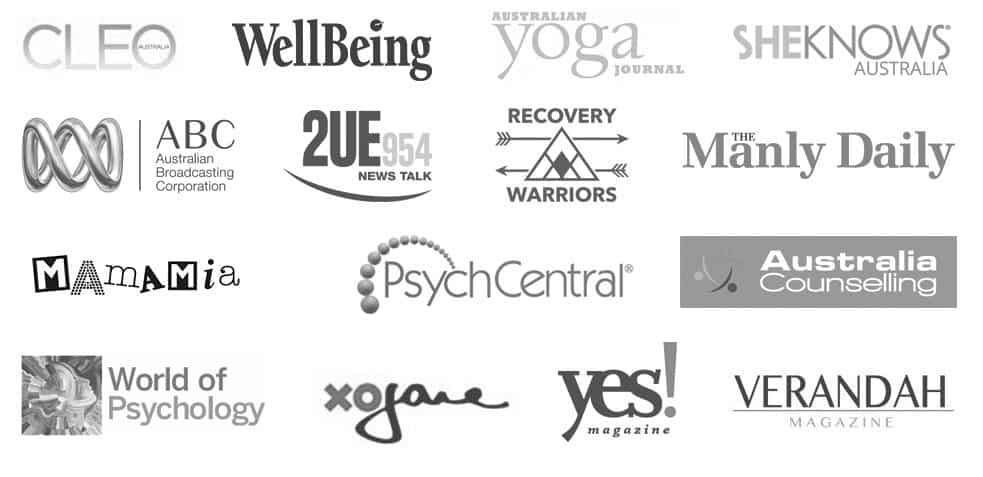
Three years into the pandemic and there is no denying it – things are still tough for a lot of people. Post lockdowns and mandates – it is has taken a toll on our mental health. Our ‘surge capacity’ has been depleted. Tara Haelle writes,
I knew it wouldn’t last. It never does. But even knowing I would eventually crash, I didn’t appreciate how hard the crash would be, or how long it would last, or how hard it would be to try to get back up over and over again, or what getting up even looked like. In those early months, I, along with most of the rest of the country, was using “surge capacity” to operate, as Ann Masten, PhD, a psychologist and professor of child development at the University of Minnesota, calls it.
Surge capacity is a collection of adaptive systems — mental and physical — that humans draw on for short-term survival in acutely stressful situations, such as natural disasters.
But natural disasters occur over a short period, even if recovery is long. Pandemics are different — the disaster itself stretches out indefinitely.
“The pandemic has demonstrated both what we can do with surge capacity and the limits of surge capacity,” says Masten. “When it’s depleted, it has to be renewed.”
Here are 7 Ways to Top Up Your Surge Capacity
Adapted from Tara Haelle, Ann Masten, Pauline Boss & Michael Maddaus
Accept that life is different now
Acceptance is a journey. Accepting something doesn’t even mean we have to like what is happening right now. It does however mean being with ‘what is’, in a kind, compassionate and non-judgemental way.
Lower your expectations of yourself
We are living through a global crisis which will be touching on old traumas and creating new ones. Now is the time to do less, not more! It’s a good time to slow down, turn inwards and discover what really matters in life. Therapy is a great place to do this.
Recognise the different aspects of grief
Grief is not a linear processes; we move in and out of the stages of grief and they include:
- Denial
- Anger
- Bargaining
- Depression/sadness
- Acceptance
- Finding meaning and purpose
In my article, How to Find Meaning & Purpose Throughout Difficult Times, I give examples of what these stages might look like moving through the pandemic:
- Denial: This virus won’t affect us, we are only in our twenties
- Anger: You are making us stay home and away from our activities, fuck you, I’m going out anyway
- Bargaining: OK, I get it – if we social distance for two weeks then everything will be better, right?
- Sadness/Depression: I don’t know when this will end
- Acceptance: This is happening. This is where our personal power lies. We can focus on those things we can control and let go of those we cannot.
- Finding meaning: There is great suffering and… something valuable has come out of this experience
Experiment with both-and thinking
We can’t change the situation but we can change the way we think. So what does both-and thinking look like?
This pandemic is catastrophic, it feels like the world is ending….and… throughout this pandemic, I have been able to slow down and the planet is having some much needed respite.
Do things, new and old that fulfill you
Throughout the pandemic, wee had to find new ways to self-care. I’ve heard many people say that they have found new ways to move their bodies and they are even enjoying it more than their previous, sometimes punitive routines. I interviewed Amy Babish on the the Trauma Warriors with Jodie Gale about dance therapy and Lindley from Body Liberation recently guest posted for us: The Benefits of Dance: 5 Classes to help Your Befriend Your Body – many of which are available online.
Also think about your future self – what would she like to be doing one or two years from now? Have you always wanted to change careers or study something new? Maybe now is the time.
You might want to learn a new hobby or skill, teach yourself to cook via a meal service such as Hello Fresh, update your home, and take long walks in nature and forest bathe!
Focus on maintaining and strengthening important relationships
It is essential that we nourish our relationships online and in person. When it comes to recovering from addiction or disordered eating, we know it is connection and relationship that puts the addiction out of a job. It’s OK to reach out to family, friends or a therapist for support. Volunteering also brings many benefits to our well-being so now is a good time to help others if you have the capacity to do so.
Build your resilience bank account
This step is essential for people with a trauma history and you can read more in our blog on 5 Basic Needs to Help You Heal from Childhood Trauma. Resilience builders include getting enough sleep, balanced nutrition, movement, meditation, self-compassion, gratitude and saying no. I recently interviewed Carolyn Costin about reconnecting with soul-self where she spoke about soul-moments; watching the moon or a rainbow for example – these moments are crucial too for building your resilience.
Join my list and receive your complimentary eBook, 4 Ways to Befriend Your Body. There are many resources in the book to help you build your resilience bank account.
